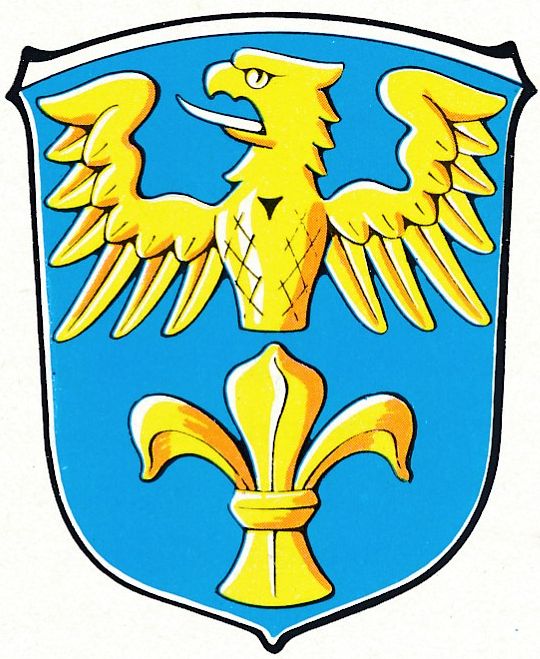Suurhusen: Difference between revisions
Jump to navigation
Jump to search
Knorrepoes (talk | contribs) m (Text replace - "'''Origin/meaning :'''<br/>" to "====Origin/meaning====") |
Knorrepoes (talk | contribs) m (Text replace - "|width="15%"|50 px|right |}" to "|width="15%"|50 px|right |}<seo title="Wappen, Gemeindewappen" />") |
||
| Line 3: | Line 3: | ||
|width="70%" align="center" |'''Heraldry of the World<br/>Civic heraldry of [[Germany]] - [[Deutsche Wappen|Deutsche Wappen (Gemeindewappen/Kreiswappen)]]''' | |width="70%" align="center" |'''Heraldry of the World<br/>Civic heraldry of [[Germany]] - [[Deutsche Wappen|Deutsche Wappen (Gemeindewappen/Kreiswappen)]]''' | ||
|width="15%"|[[File:Germany.jpg|50 px|right]] | |width="15%"|[[File:Germany.jpg|50 px|right]] | ||
|} | |}<seo title="Wappen, Gemeindewappen" /> | ||
Revision as of 18:42, 5 November 2012
| Heraldry of the World Civic heraldry of Germany - Deutsche Wappen (Gemeindewappen/Kreiswappen) |
SUURHUSEN
State : Niedersachsen
District (Kreis) : Aurich (until 1976 Norden)
Incorporated into : 1976 Hinte
Origin/meaning
The arms show the eagle of the Allena family and the fleur-de-lis of the Oldersum family. Folkmar Allena conquered and destroyed in 1356 the castle in Suurhusen. Since 1404 the village was in the possession of the Allerna family. The broken fleur-de-lis is seen on an old stone in the local church. It is probably derived from the arms of the Oldersum family, who had some influence around 1467.
Literature : Leiner, K. : Panorama Norden. Norden, 1972.

